PHM is the national museum of democracy, telling the story of its development in Britain: past, present, and future.
On this blog we share posts from the PHM team and other experts, with behind the scenes stories, coverage of PHM's exhibitions and events, and highlights from the museum's unique collection.
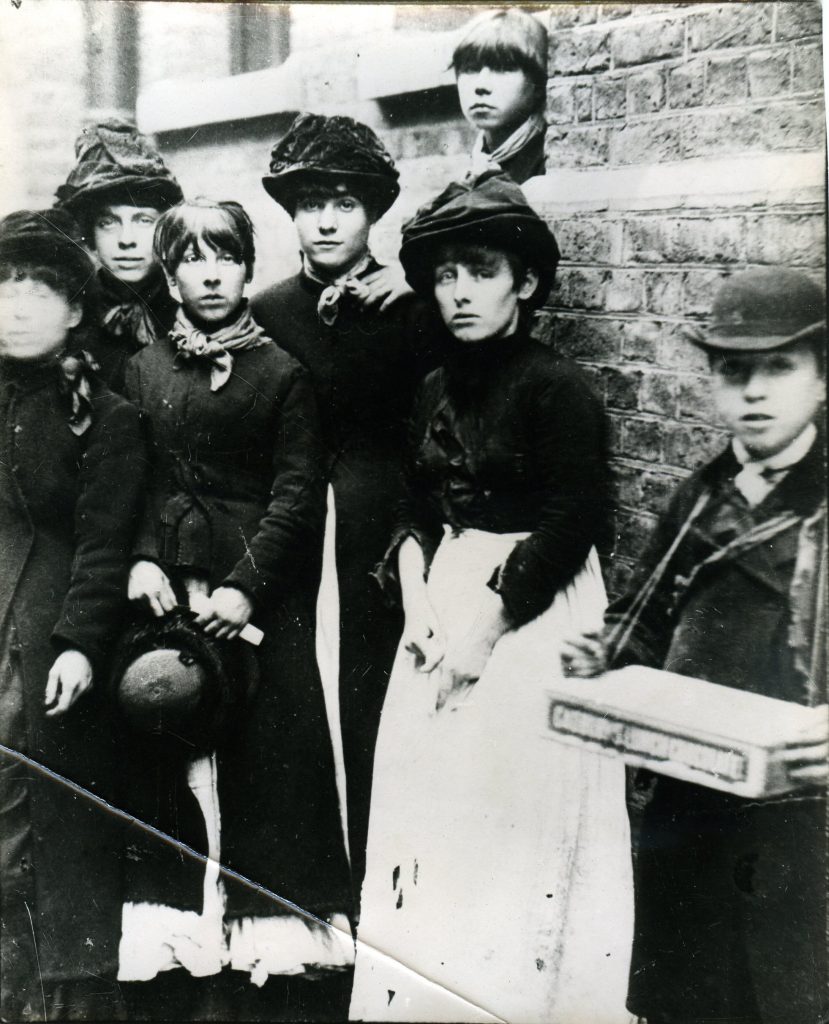
The great granddaughter of Sarah Chapman, one of the leaders of the 1888 Match Girls’ Strike, details the strike and uncovers a very personal story.
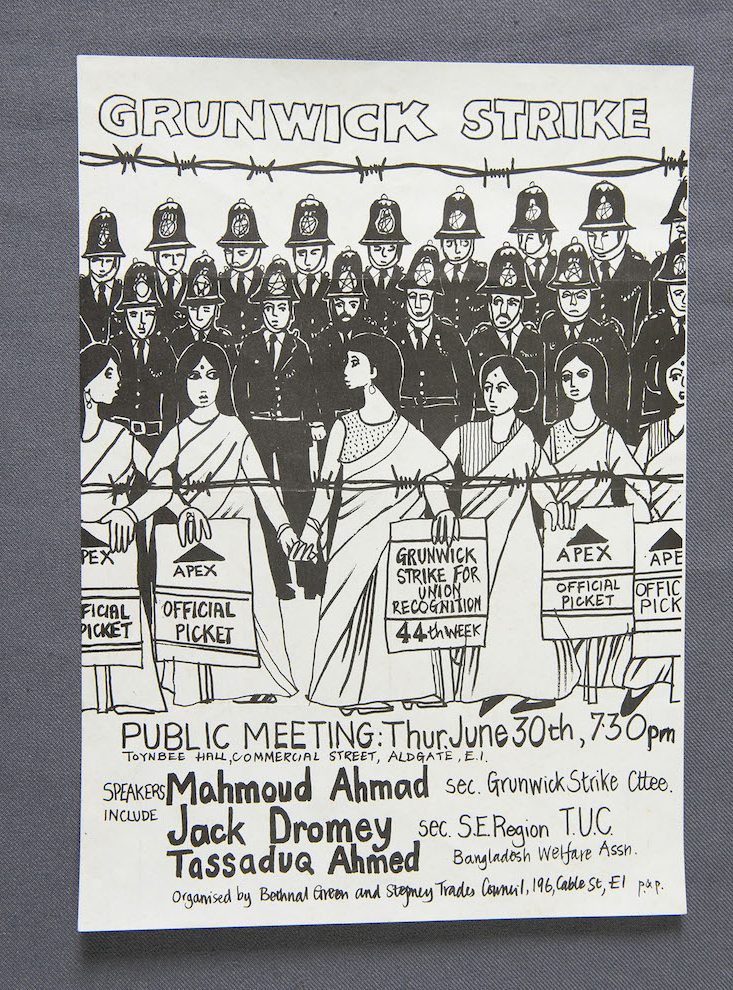
PHM’s Programme Officer, Zofia Kufeldt puts the spotlight on a Grunwick strike poster from 1977.
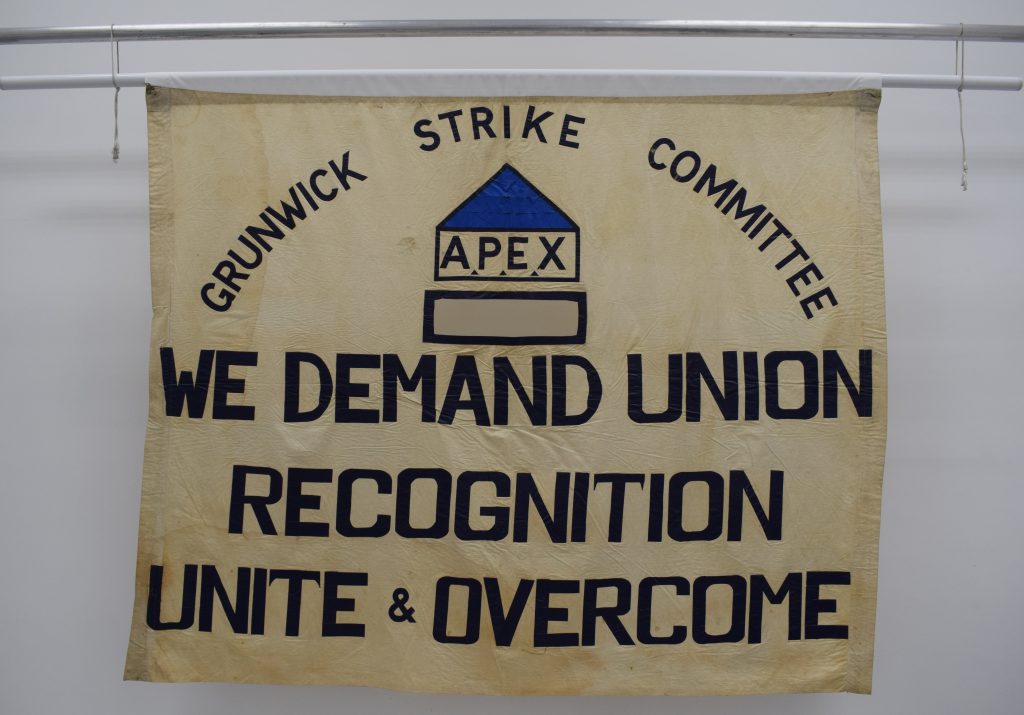
People’s History Museum houses the world’s largest collection of trade union and political banners. In this month’s blog, our Conservator, Kloe Rumsey shines a light on the conservation work she undertook to prepare a previously unseen banner for our 2020 Banner Exhibition.
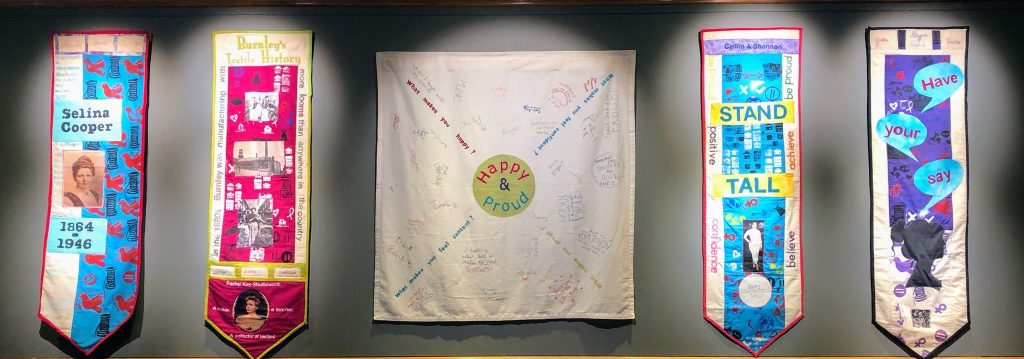
#OnThisDay in 1909 suffragette Marion Wallace Dunlop went on hunger strike whilst imprisoned for militancy. She became one of the first and most well known to do so and her tactics were to inspire the likes of Ghandi.
We asked Lynne Blackburn, Director & Project Manager at Participation Works NW to share a recent project which saw a group of girls from Burnley inspired for their futures by struggles that women in the past faced.
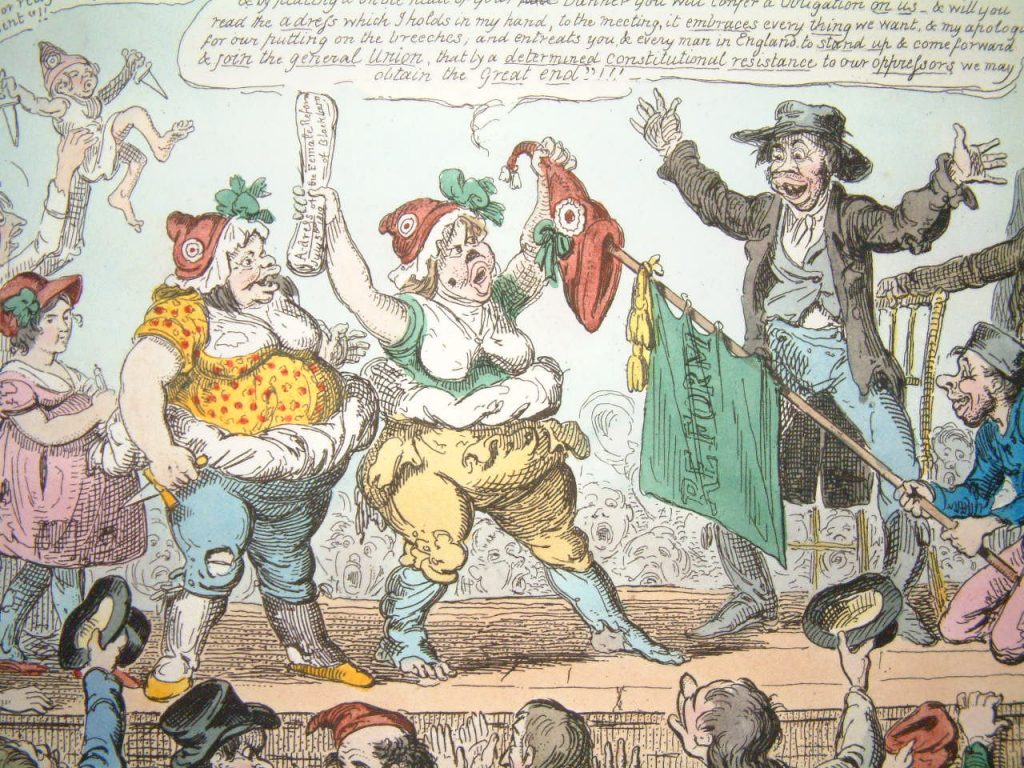
To celebrate International Women’s Day, we’ve invited our former colleague and the National Trust’s new Programme Curator of National Public Programmes Helen Antrobus to blog for us.
Helen is a specialist in the history and collections relating to 20th century radical women; from the women who marched at Peterloo, to the female Chartists; those involved with the women’s suffrage movement, to the first female MPs, and shares with us her insight into the women at Peterloo.